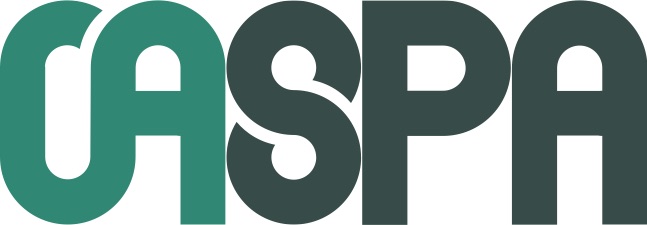التحقق من التقييم الذاتي لمدرسي اللغة الإنجليزية كلغة أجنبية العراقي
DOI:
https://doi.org/10.36473/ujhss.v214i2.636الكلمات المفتاحية:
التقييم الذاتي، الكفاءة الذاتية، مدرسي اللغة الانكليزيةالملخص
التقييم الذاتي هو عملية مستمرة من خلالها يقوم المدرس بالتفكير، وتقييم نوعية عمله، والحكم فيما إذا كان تدريسه مطابقا للمعايير والاهداف، وكذلك معرفة نقاط القوة والضعف في تدريسه، ومن ثم تطويرها. والدراسة الحالية ترمي معرفة التقييم الذاتيّ لدى مدرسي اللغة الانكليزية، وتتألف عينة البحث من 100 مدرس في بغداد، وكانت أداة البحث هي الاستبانة التي تتألف من عدة محاور، هي: التوقعات، واللغة، والوقت، وفرص التعلم، وبيئة الصف، واخيرًا التفاعل، وقد اظهرت النتائج أنَّ مدرسي اللغة الانكليزية يستخدمون اربعة محاور من أصل ستة محاور، وهي: (الروتين، وبيئة الصف، والوقت، واللغة).
التنزيلات
المراجع
Bandura, A. (1997). Self-Efficacy: The Exercise of Control. New York: W. H. Freeman.
Cameron, J., & Pierce, W. (1994).Reinforcement, Reward, and Intrinsic Motivation.
Review of Educational Research, 64(3),363-424.
Clarke, S. (2005). Formative Assessment in Action: Weaving the Elements Together.
London, England: Hodder Murray.
Earl, L., & Katz, S. (2006). Rethinking Classroom Assessment with Purpose in Mind.
Document Prepared for Minister of Education, Citizenship and Youth, Manitoba,
Canada. Retrieved from: http://www.edu.gov.mb.ca/ks4/assess/index.html
Goddard, R. D., Hoy, W. K., & Hoy, A. W. (2004). Collective Efficacy Beliefs:
Theoretical Developments, Empirical Evidence, and Future Directions. Educational
Researcher, 33(3), 3-13.
Green, S., & Johnson, R. (2010). Assessment is Essential. Boston, MA: McGraw-Hill
Higher Education.
Gregory, K., Cameron, C., & Davies, A. (2011). SA and Goal Setting: For Use in
Middle and Secondary School Classrooms. Courtenay, Canada: Connections.
Harlen, W. (2007). Criteria for Evaluating Systems for Student Assessment. Studies in
Educational Evaluation, 33(1), 15-28.
Raudenbush, S. W., Rowan, B., & Cheong, Y. (1992). Contextual Effects on the SelfPerceived Teacher SA Efficacy of High School Teachers. Sociology of Education, 65,
-167.
Ross, J. A. (1992). Teacher Efficacy and the Effect of Coaching on Student
Achievement. Canadian Journal of Education, 17(1), 51-65.
Ross, J. A., & Cousins, J. B. (1993a). Enhancing Secondary School Students'
Acquisition of Correlational Reasoning Skills. Research in Science & Technological
Education, 11(3), 191-206.
Schunk, D. H. (1981). Modelling and Attributional Effects on Children's Achievement:
A Self-Efficacy Analysis. Journal of Educational Psychology, 73(1), 93-105.
Stipek, D., Recchia, S., & McClintic, S. (1992). Self-Evaluation in Young Children.
Monographs of the Society for Research in Child Development, 57, 1-84.
Tan, K. (2007). Conceptions of SA: What is Needed for Long-Term Learning? In D.
Boud & N. Falchilcov (Eds.), Rethinking Assessment in Higher Education (pp. 114-
. New York, NY: Routledge.











